Disney Takes Legal Action Against Character.AI Over Unauthorized Use of Copyrighted Characters
8 Sources
8 Sources
[1]
Character.AI removes Disney characters after receiving cease-and-desist letter | TechCrunch
Character.AI received a cease-and-desist letter from Disney, urging the chatbot company to remove Disney characters from among the millions of AI companions on its plaftorm, Variety reports. Character.AI allows users to generate AI chatbots that can range from real people like Elon Musk to fictional characters like Hermione Granger, plus users' own original creations. These chatbots can be quite unfiltered -- in one particularly horrific case, a family sued Character.AI after a chatbot inspired by a Game of Thrones character allegedly encouraged their teenage son to commit suicide. "Character.ai is freeriding off the goodwill of Disney's famous marks and brands, and blatantly infringing Disney's copyrights," a Disney lawyer wrote in the cease-and-esist letter. "Even worse, Character.ai's infringing chatbots are known, in some cases, to be sexually exploitive and otherwise harmful and dangerous to children, offending Disney's consumers and extraordinarily damaging Disney's reputation and goodwill." As of now, Character.AI, searches for Disney-owned characters like Mickey Mouse, Donald Duck, Captain America, and Luke Skywalker yield no results. However, other characters from media copyrighted by Disney still appear in search results, such as Percy Jackson and Hannah Montana.
[2]
Disney sends cease-and-desist letter to Character.AI, Axios reports
Sept 30 (Reuters) - Walt Disney (DIS.N), opens new tab has sent a letter to Character.AI demanding that the AI startup immediately stop the unauthorized use of its copyrighted characters, Axios reported on Tuesday. In a letter from last week, Disney said that its concern is not only financial, but that Character.AI's platform weaponizes the media giant's characters in a way that could damage its brand in the long term, according to Axios. Disney's letter references a report from ParentsTogether Action and Heat Initiative, Axios said. The joint investigation found that Character.AI's chatbots engaged in a pattern of deeply concerning behavior, including grooming and sexual exploitation, as well as emotional manipulation and addiction. Character.AI told Reuters that all of the characters on its service are generated by users and some are inspired by existing characters, adding that it had removed the characters, as it was up to rightsholders to decide how people may interact with their intellectual property. Disney did not immediately respond to a request for comment. Character.AI allows users to create characters on its platform that respond to online chats in a way meant to imitate real people. It relies on large language model technology, also used by services like ChatGPT, which "trains" chatbots on large volumes of text. Disney has taken an aggressive stance towards AI companies for copyright infringement, suing China's MiniMax earlier in September, along with Comcast's (CMCSA.O), opens new tab Universal and Warner Bros Discovery (WBD.O), opens new tab. The complaint followed a lawsuit filed by Disney and Universal against Midjourney in June for offering a commercial service providing unauthorized AI-generated copies of their copyrighted work. Reporting by Juby Babu in Mexico City; Editing by Alan Barona Our Standards: The Thomson Reuters Trust Principles., opens new tab
[3]
Disney sent cease and desist letter to Character.AI over use of copyrighted characters
The Walt Disney Co. signage on the floor of the New York Stock Exchange (NYSE) in New York, US, on Wednesday, May 7, 2025. The Walt Disney Company sent a cease and desist letter to Character.AI last week, warning the artificial intelligence startup to stop using copyrighted characters without authorization, a Disney spokesperson confirmed to CNBC on Tuesday. A spokesperson for Character.AI said it removed the characters mentioned in the letter, and that "it's always up to rightsholders to decide how people may interact with their IP." The spokesperson acknowledged that while some characters on its platform are completely original creations, others are "inspired by existing characters that people love." "We want to partner with the industry and rightsholders to empower them to bring their characters to our platform," the Character.AI spokesperson told CNBC. "Our goal is to give IP owners the tools to create controlled, engaging and revenue-generating experiences from deep fandom for their characters and stories, expanding their reach using our new, interactive format." The letter serves as the latest example of how media companies like Disney are working to protect their intellectual property during the AI boom.
[4]
Disney sends cease and desist letter to Character.AI
Disney has demanded that Character.AI stop using its copyrighted characters. reports that the entertainment juggernaut sent a cease and desist letter to Character.AI, claiming that it has chatbots based on its franchises, including Pixar films, Star Wars and the Marvel Cinematic Universe. In addition to claiming copyright infringement, the letter questioned whether these protected characters were being used in problematic ways in conversations with underage users. "Character.ai's infringing chatbots are known, in some cases, to be sexually exploitive and otherwise harmful and dangerous to children, offending Disney's consumers and extraordinarily damaging Disney's reputation and goodwill," the letter said. Character.AI has been subject to legal and government scrutiny multiple times already over concerns that it has not provided sufficient safety guards for minors. The platform has been in failing to protect two different teenagers who discussed suicide with its chatbots and then took their own lives. It has also drawn the attention of the and . For now, at least, the platform appears to be responsive to Disney's demands. "It's always up to rightsholders to decide how people may interact with their IP, and we respond swiftly to requests to remove content that rightsholders report to us," a representative said, per the Axios report. "These characters have been removed." Disney has shown that it is willing to take legal action against AI companies. It along with Universal Studios in June on allegations of copyright infringement.
[5]
Scoop: Disney sends cease and desist letter to Character.AI
Why it matters: In the letter, Disney emphasizes its main concern isn't just financial, but that Character.AI's platform weaponizes Disney characters in a way that could damage its brand long term. Zoom in: The letter references a recent report from ParentsTogether Action and Heat Initiative that found Character.AI chatbots engaged in "grooming and sexual exploitation" and "emotional manipulation" -- among other problematic behaviors -- in conversations with accounts registered to children. * Disney said the report underscores its concern with the way its characters have been utilized on the platform. * It noted that the Character.AI service is filled with chatbots that impersonate Disney characters from classic Disney films and franchises, including Pixar movies, the Star Wars franchise and the Marvel Cinematic Universe. What they're saying: "Character.ai's infringing chatbots are known, in some cases, to be sexually exploitive and otherwise harmful and dangerous to children, offending Disney's consumers and extraordinarily damaging Disney's reputation and goodwill," the letter reads. * "In sum, Character.ai chose to systematically reproduce, monetize, and exploit Disney's characters, that are protected by copyrights and trademarks, without any authorization, in a way that is anathema to the very essence of the Disney brand and legacy." * "Disney will not allow your company to hijack its characters, damage its brands, or infringe its copyrights and/or trademarks. Character.ai's conduct is egregious and must stop immediately." State of play: In response to the letter, a Character.AI spokesperson said that Disney's characters have been removed from its service. * While all of the characters on the platform are generated by users, the spokesperson said, "It's always up to rightsholders to decide how people may interact with their IP, and we respond swiftly to requests to remove content that rightsholders report to us. The takedown you're referring to was in response to such a request. These characters have been removed." * "We want to partner with the industry and rightsholders to empower them to bring their characters to our platform. Our goal is to give IP owners the tools to create controlled, engaging and revenue-generating experiences from deep fandom for their characters and stories, expanding their reach using our new, interactive format," the spokesperson added. Zoom out: Disney has taken a more aggressive stance in going after AI companies for copyright infringement in recent months. * In June, the entertainment giant -- alongside NBCUniversal -- became the first major studio to sue a generative AI company when it filed a complaint against Midjourney. Warner Bros. Discovery sued Midjourney in early September. * Earlier this month, it teamed with NBCU and WBD to sue the Chinese AI firm MiniMax, alleging large-scale piracy of their respective studios' copyrighted works. The big picture: Disney's letter to Character.AI and its previous lawsuits indicate that the entertainment giant believes the responsibility falls on AI platforms to proactively take down user-generated content of copyrighted works. * AI companies have typically tried to shy away from that responsibility and rather risk lawsuits than slow down the creative development of their platforms. * OpenAI, for example, will require copyright holders to opt out of its new AI video service if they don't want their intellectual property to be used in the service, the Wall Street Journal reported Monday. What to watch: While Character.AI appears to be willing to comply with Disney's demands, the letter shows Disney is not afraid to leverage legal action against the service should it fail to comply with its copyright demands moving forward.
[6]
Character.AI removes Disney characters from platform after studio issues warning
A spokesperson for Character.AI said it responds "swiftly to requests to remove content that rightsholders report to us."Getty Images Character.AI said Tuesday that it has removed Disney characters from its chatbot platform after the studio asked the developer to stop using its copyrighted characters without authorization. The studio in Burbank, California, sent a cease-and-desist letter to Character.AI, according to Axios, which was first to report the news, and CNBC. "In sum, Character.ai chose to systematically reproduce, monetize, and exploit Disney's characters, that are protected by copyrights and trademarks, without any authorization, in a way that is anathema to the very essence of the Disney brand and legacy," the letter says, according to Axios. NBC News has not reviewed a copy of the letter. A spokesperson for Disney did not immediately respond to a request for comment. In its statement, a spokesperson for Character.AI said it responds "swiftly to requests to remove content that rightsholders report to us. The takedown ... was in response to such a request. These characters have been removed." Founded in 2021, the California-based chatbot startup offers what it describes as "personalized AI." It provides a selection of premade or user-created artificial intelligence characters to interact with, each with a distinct personality. Users can also customize their own chatbots. Princess Elsa from "Frozen," Moana (the title character in "Moana"), "Spider-Man" alter ego Peter Parker and "Star Wars" villain Darth Vader were some of the user-made Disney characters chatbots impersonated. "Some of those characters are original creations, and some are inspired by existing characters that people love," a Character.AI spokesperson said. "It's like fan fiction, but in an interactive form." As of Tuesday evening, when NBC News searched for any of those names on the platform, most of the bots bearing resemblance to Disney's copyrighted characters seemed to have been removed. Some characters that were previously available began returning an error message that read: "Something went wrong. Please refresh or try again later." The characters then became unavailable. "We want to partner with the industry and rightsholders to empower them to bring their characters to our platform," the Character.AI spokesperson said. "Our goal is to give IP owners the tools to create controlled, engaging and revenue-generating experiences from deep fandom for their characters and stories, expanding their reach using our new, interactive format." Artificial intelligence has continued to be a sticking point in Hollywood. Industry leaders have said its use in film and TV is slowly becoming mainstream, as more filmmakers use evolving AI tools and studios partner with AI companies to explore how they can use the technology in content creation. But the rapidly evolving technology has stoked concerns among creatives. In 2023, during the writers and actors strikes against studios, creatives sought assurances that their work would not be replaced by the technology. A handful of copyright owners, including authors, news outlets and music labels, have sued tech companies such as OpenAI, Microsoft and Anthropic over unauthorized use of their content in AI training. Now, studios also appear to be taking firmer stances regarding copyright infringement and AI models. Disney, Universal and Warner Bros. Discovery sued China's MiniMax for copyright infringement this month, Reuters reported, claiming the company's image- and video-generating service Hailuo AI was built from intellectual property stolen from the studios. (Comcast is the parent company of NBCUniversal, which owns both NBC News and Universal.) Also this month, Warner Bros. Discovery became the latest studio to sue Midjourney, accusing the AI company of building its business around the mass theft of content. Disney and Universal made similar accusations in their lawsuit against the company, which was filed in June. Several AI companies, including Character.AI, have also come under fire in the past year for their impact on younger users. At a Senate Judiciary Committee hearing this month, parents and online safety advocates urged Congress to push for more safeguards around chatbots, claiming tech companies designed their products to "hook" children. Last year, a Florida mom named Megan Garcia sued Character.AI, accusing its chatbots of initiating "abusive and sexual interactions." In May, Senior U.S. District Judge Anne Conway rejected arguments that AI chatbots have free speech rights after developers behind Character.AI sought to dismiss Garcia's lawsuit. The ruling means the wrongful death lawsuit is allowed to proceed for now. Three additional product-liability claim lawsuits were filed against Character.AI this year on behalf of underage users whose families claim it "knowingly designed, deployed and marketed predatory chatbot technology aimed at children," according to the Social Media Victims Law Center. In one of the suits, the parents of a 13-year-old allege a Character.AI chatbot contributed to their daughter's suicide in 2023. According to Axios, in its letter, Disney cited a recent report titled "Sexual Exploitation, Manipulation, and Violence on CharacterAI Kids' Accounts." "Character.ai's infringing chatbots are known, in some cases, to be sexually exploitive and otherwise harmful and dangerous to children, offending Disney's consumers and extraordinarily damaging Disney's reputation and goodwill," the letter states, according to Axios. After the congressional hearing this month, Character.AI said it has "invested a tremendous amount of resources in Trust and Safety" over the past year, including a different model for minors, a "Parental Insights" feature and prominent in-chat disclaimers to remind users that its bots are not real people.
[7]
Disney sends cease-and-desist letter to Character AI: Report - The Economic Times
Walt Disney has sent a letter to Character.AI demanding that the AI startup immediately stop the unauthorized use of its copyrighted characters, Axios reported on Tuesday. In a letter from last week, Disney said that its concern is not only financial, but that Character.AI's platform weaponizes the media giant's characters in a way that could damage its brand in the long term, according to Axios. Disney's letter references a report from ParentsTogether Action and Heat Initiative, Axios said. The joint investigation found that Character.AI's chatbots engaged in a pattern of deeply concerning behavior, including grooming and sexual exploitation, as well as emotional manipulation and addiction. Character.AI told Reuters that all of the characters on its service are generated by users and some are inspired by existing characters, adding that it had removed the characters, as it was up to rightsholders to decide how people may interact with their intellectual property. Disney did not immediately respond to a request for comment. Character.AI allows users to create characters on its platform that respond to online chats in a way meant to imitate real people. It relies on large language model technology, also used by services like ChatGPT, which "trains" chatbots on large volumes of text. Disney has taken an aggressive stance towards AI companies for copyright infringement, suing China's MiniMax earlier in September, along with Comcast's Universal and Warner Bros Discovery. The complaint followed a lawsuit filed by Disney and Universal against Midjourney in June for offering a commercial service providing unauthorized AI-generated copies of their copyrighted work.
[8]
Disney's stand against Character.AI is a small win for artists over AI
While an AI art apocalypse sometimes seems inescapable, there are occasional glimmers of hope. In the same week that OpenAI launched its Sora social media app with 100% AI content, Disney was able to successfully pressure the less known Character.AI to remove its IP. The animation giant sent a cease-and-desist letter to the platform, which allows users interact with chatbot characters generated by AI. The AI startup's swift compliance is encouraging, showing that at least some AI platforms fear that they might be in the wrong legally. According to Axios, a law firm representing Disney wrote to Character.AI demanding that it cease using copyrighted characters without authorisation. "Character.ai chose to systematically reproduce, monetize, and exploit Disney's characters, that are protected by copyrights and trademarks, without any authorization, in a way that is anathema to the very essence of the Disney brand and legacy," the letter states. The company said Character.AI chatbots impersonated characters such as Moana, Princess Elsa from Frozen, Moana, Spider-Man alter ego Peter Parker and Darth Vader from Star Wars. In response, Character.AI said in a statement that it responds "swiftly to requests to remove content that rightsholders report to us." The company's defence for the Disney characters being there in the first place was pretty weak. It compared them to fan fiction. "Some of those characters are original creations, and some are inspired by existing characters that people love," it said. "It's like fan fiction, but in an interactive form." But fan fiction is crafted by fans themselves for no profit, not by an AI model trained on copyright material. Not all AI companies have been so willing to comply with demands from companies even as big as Disney. A joint lawsuit lodged by Disney and Universal against Midjourney has still to be heard. But Character.AI's response suggests it may have feared that it was on dubious ground legally. Although, it may also be that it wants to avoid bad blood with potential future partners. "We want to partner with the industry and rightsholders to empower them to bring their characters to our platform," it said. "Our goal is to give IP owners the tools to create controlled, engaging and revenue-generating experiences from deep fandom for their characters and stories, expanding their reach using our new, interactive format." Disney's been criticised for its own AI experiments, and it hasn't always been the best champion for artists. Nevertheless, it's big players like Disney have the lawyers and money available to fight to protect IP, which could be to the benefit of artists everywhere if a legal precedent can be won.
Share
Share
Copy Link
Disney sends a cease-and-desist letter to AI startup Character.AI, demanding the removal of Disney characters from its platform. The move highlights growing concerns over AI's impact on intellectual property rights and child safety in the entertainment industry.
Disney Battles Character.AI Over IP and Child Safety
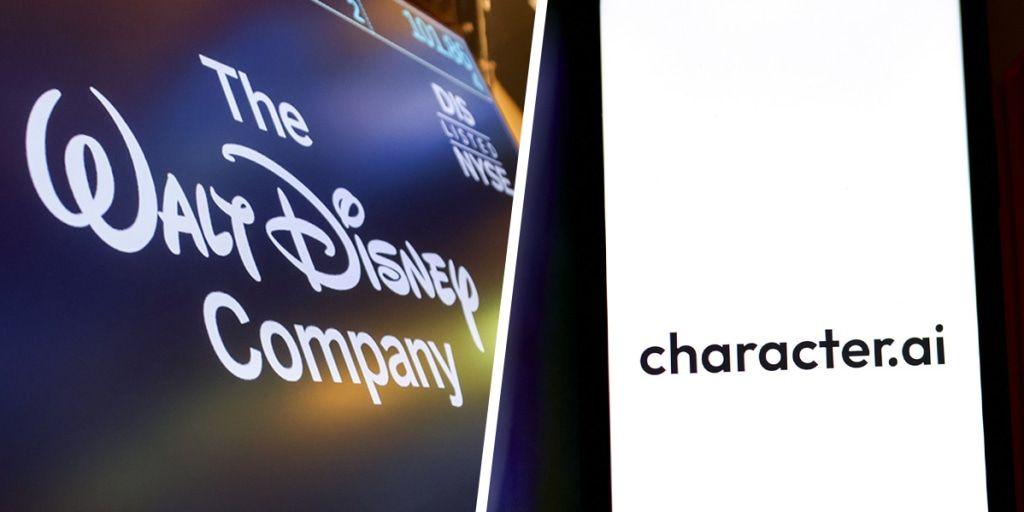
Source: NBC
The Walt Disney Company has issued a cease-and-desist to AI startup Character.AI, demanding the removal of its copyrighted characters
1
2
. This action highlights a critical conflict between AI development, intellectual property rights, and safeguarding children in the entertainment sphere. Disney aims to protect its brand and creative assets from unauthorized AI use.Dual Allegations: Infringement and Child Exploitation

Source: Axios
Disney's core accusations involve "freeriding off the goodwill of Disney's famous marks" and "blatantly infringing Disney's copyrights"
1
. More alarmingly, the company cited a report indicating Character.AI chatbots engaged in "grooming and sexual exploitation" and "emotional manipulation" with child-registered accounts5
. Disney deems these activities "extraordinarily damaging Disney's reputation and goodwill"4
, necessitating immediate intervention.Related Stories
Character.AI's Response and Broader Industry Impact
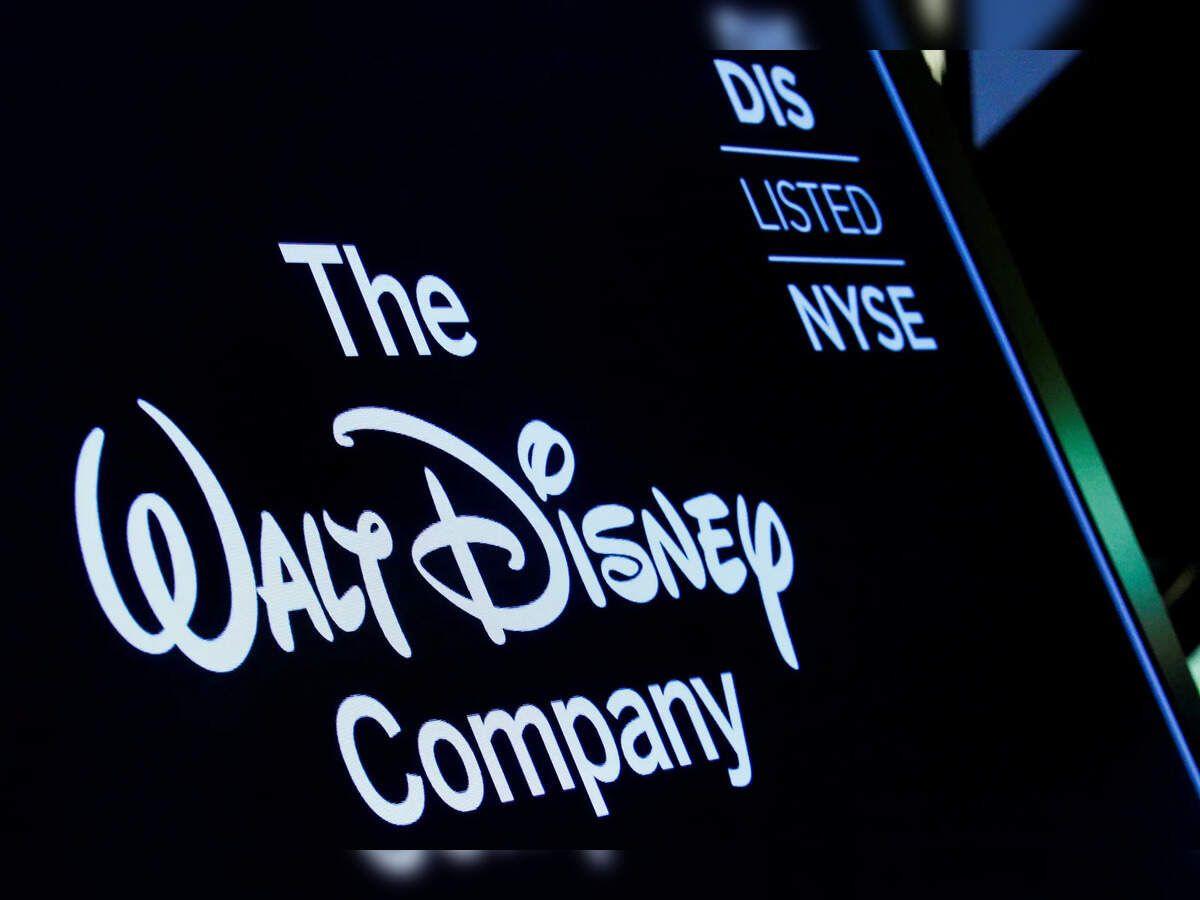
Source: ET
Character.AI has complied by removing the characters, stating they "respond swiftly to requests to remove content that rightsholders report to us"
3
5
. This incident underscores increasing pressure on AI platforms to manage user-generated content responsibly and respect intellectual property. It signifies a trend where major media corporations aggressively defend their proprietary content against AI integration, shaping the future of digital rights and AI development2
4
.References
Summarized by
Navi
[1]
Related Stories
Disney accuses Google of massive copyright infringement through AI-generated character images
11 Dec 2025•Policy and Regulation
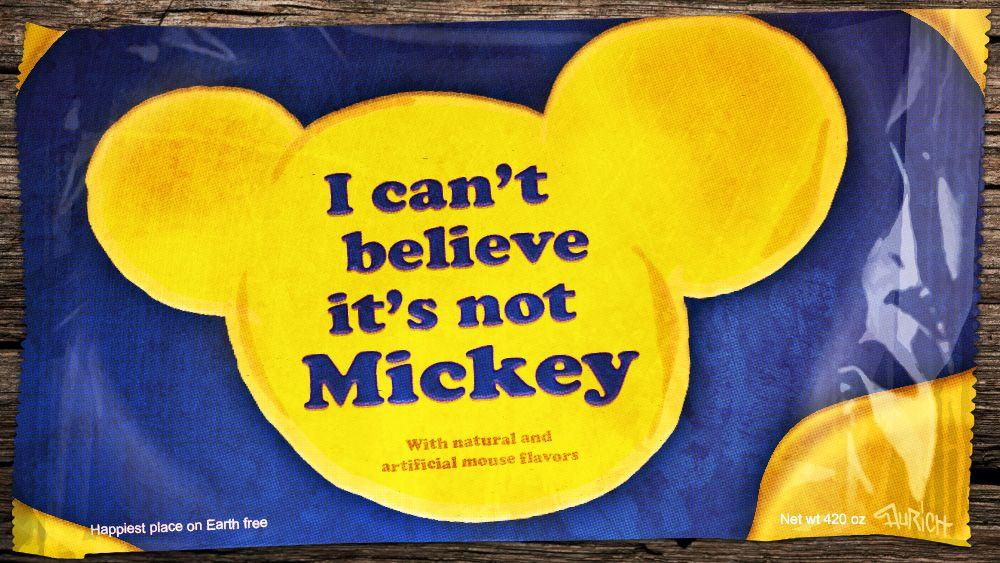
Disney and NBCUniversal Sue Midjourney: A Landmark Case in AI Copyright and Creative Ownership
11 Jul 2025•Policy and Regulation
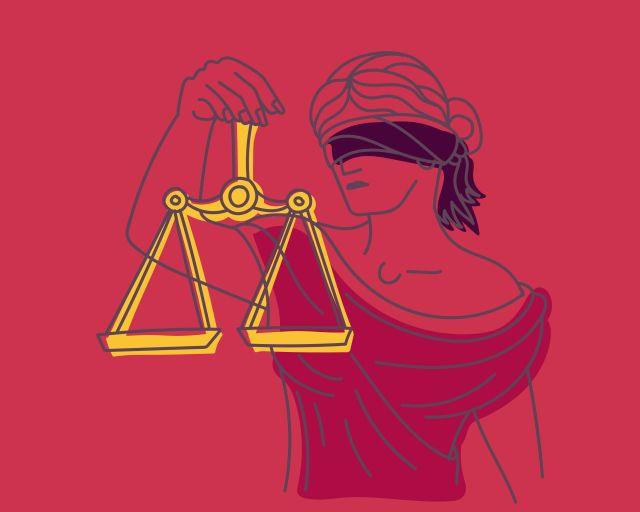
Disney's AI Experiments in Filmmaking Face Legal and Ethical Hurdles
05 Aug 2025•Technology
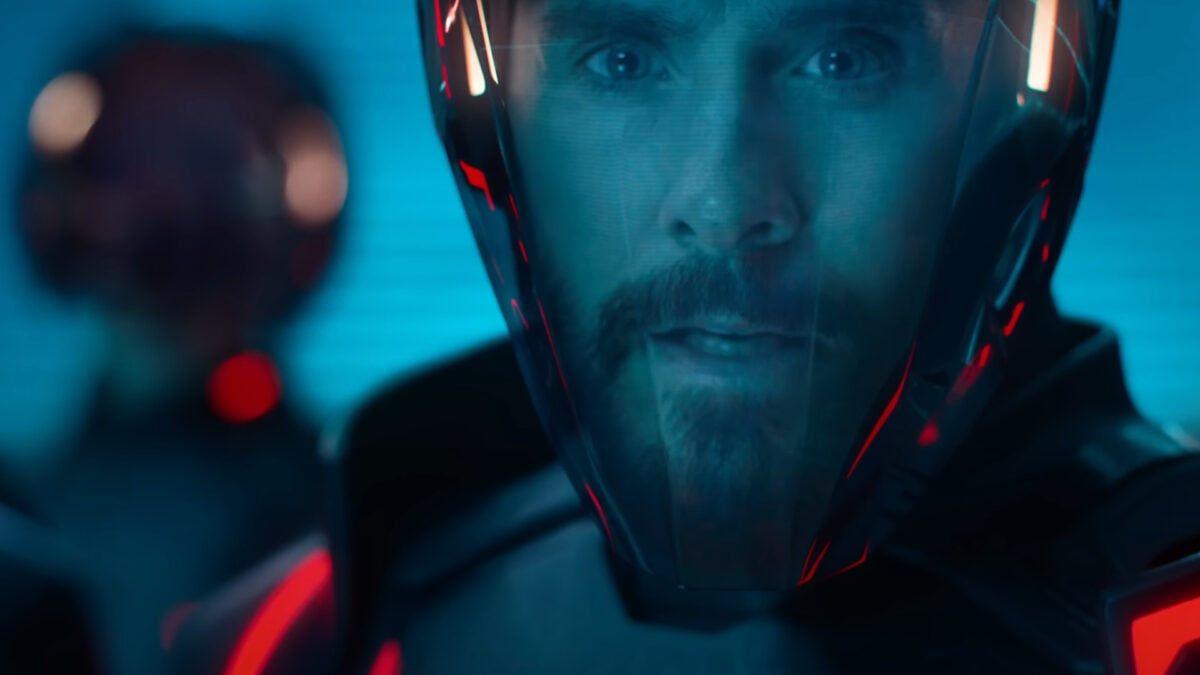
Recent Highlights
1
Google Gemini 3.1 Pro doubles reasoning score, beats rivals in key AI benchmarks
Technology

2
Nvidia and Meta forge massive chip deal as computing power demands reshape AI infrastructure
Technology

3
ChatGPT cracks decades-old gluon amplitude puzzle, marking AI's first major theoretical physics win
Science and Research





